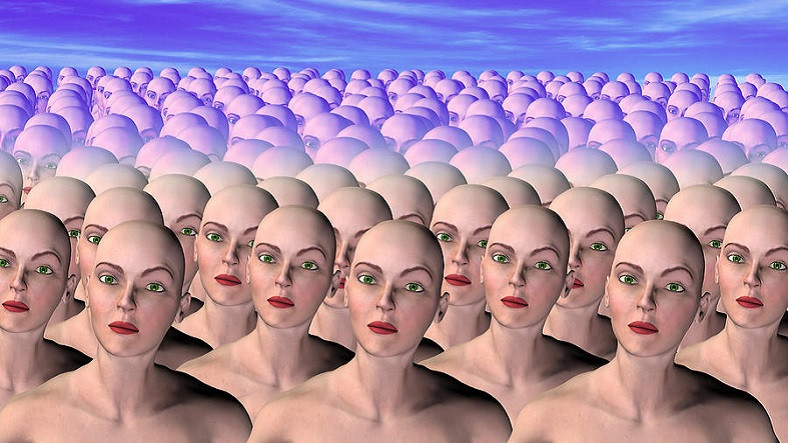There are some critical topics that are controversial in the scientific world, which the vast majority of societies do not consider ethical, and which have been blocked by legal means. clone people is one of these topics. While this topic, which has been discussed for years, comes up from time to time with the advancements in cloning research, scientists say that cloning is not yet possible and has not yet been done.
But, of course, we can hear strange news that this process is carried out from time to time in the shadow of all these discussions about human cloning, as in many other issues. So is there any truth to this news? What does science say about the possibility and difficulties of human cloning? The most important discussion ethical issue How will it affect human cloning? “Science or Fiction? New Topic of Our Series clone people† Let’s look at the details together.
Let’s start at the beginning: what is cloning?

Cloning, in its simplest definition, is the asexual reproduction of a living species. make a genetic copy can be explained as: All DNA sequences of the clone are identical to the genetically copied donor. So again, in its simple form it is an exact copy.
How is cloning performed?
Cloning is done in two different ways. The first of these is “twins,” which basically mimics the naturally occurring method by which twins can become “twins.”artificial embryo matching‘ method. This method is realized by mimicking the method that creates twins in a laboratory setting. In the first moments after egg and sperm fertilization, at the very beginning of fertilization, each half of the embryo continues to divide on its own, eventually developing into separate, complete individuals. Individuals that arise because they develop from the same fertilized egg genetically identical† The artificial embryo method also applies this process exactly, but the process is done in a petri dish instead of in the mother’s womb, and then the surrogate is placed in the mother’s womb.
The other method is:transfer of somatic cell nuclei The method known as (SCNT). In this method, the nucleus of an egg is removed and the remaining cell contents are fused with the body cell taken from the creature to be cloned. This egg then receives a signal to start dividing and an embryo begins to develop. This is the method scientists use when cloning many animals. For example, to make cloning a development that everyone is aware of. dollycloned with this method.
Cloning is actually a method that scientists often use:
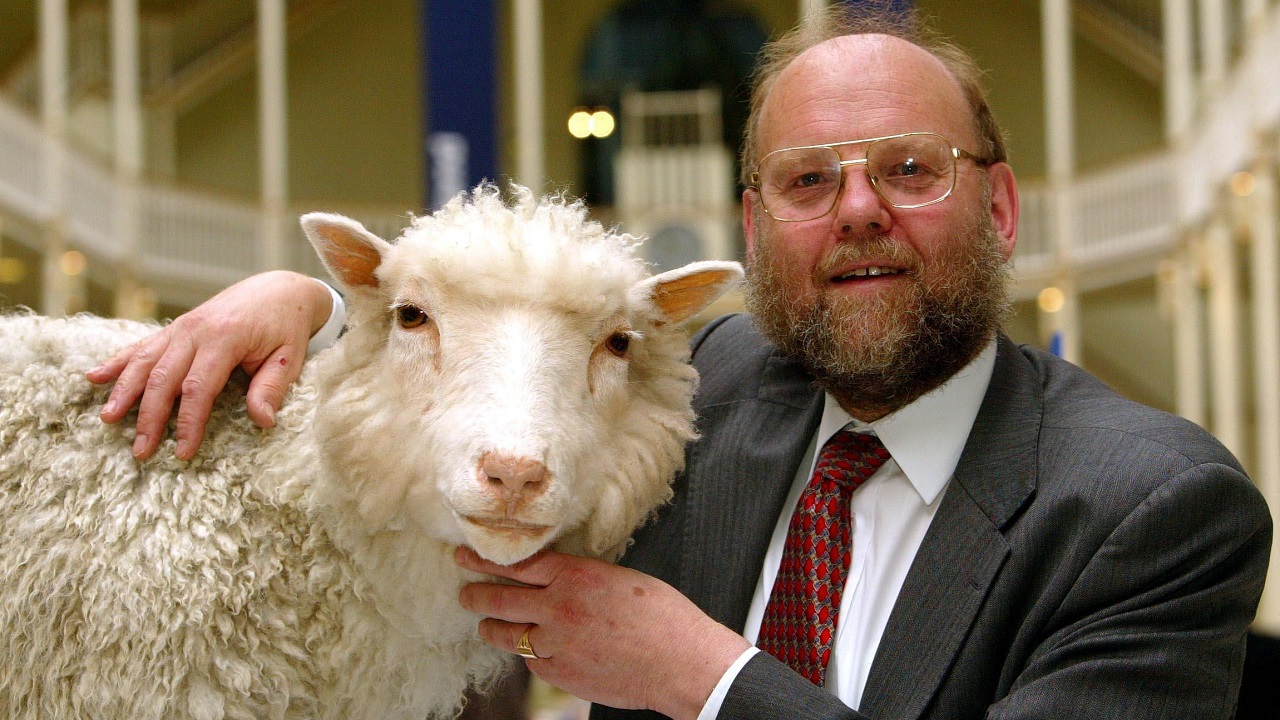
Although it originally stayed with Dolly for many, cloning is now practiced by scientists on various animals. a method that is often used† This concept, which existed before Dolly het Schaap, has since been fully realized. Cows, cats, deer, mice and finally a monkey type was cloned by the same method.
More interestingly, it has now even become a sort of trading material. So much so that it is possible to make an exact copy or clone of your pet; of course by paying a significant amount.
Let’s get to the main question; Is it possible to clone humans?
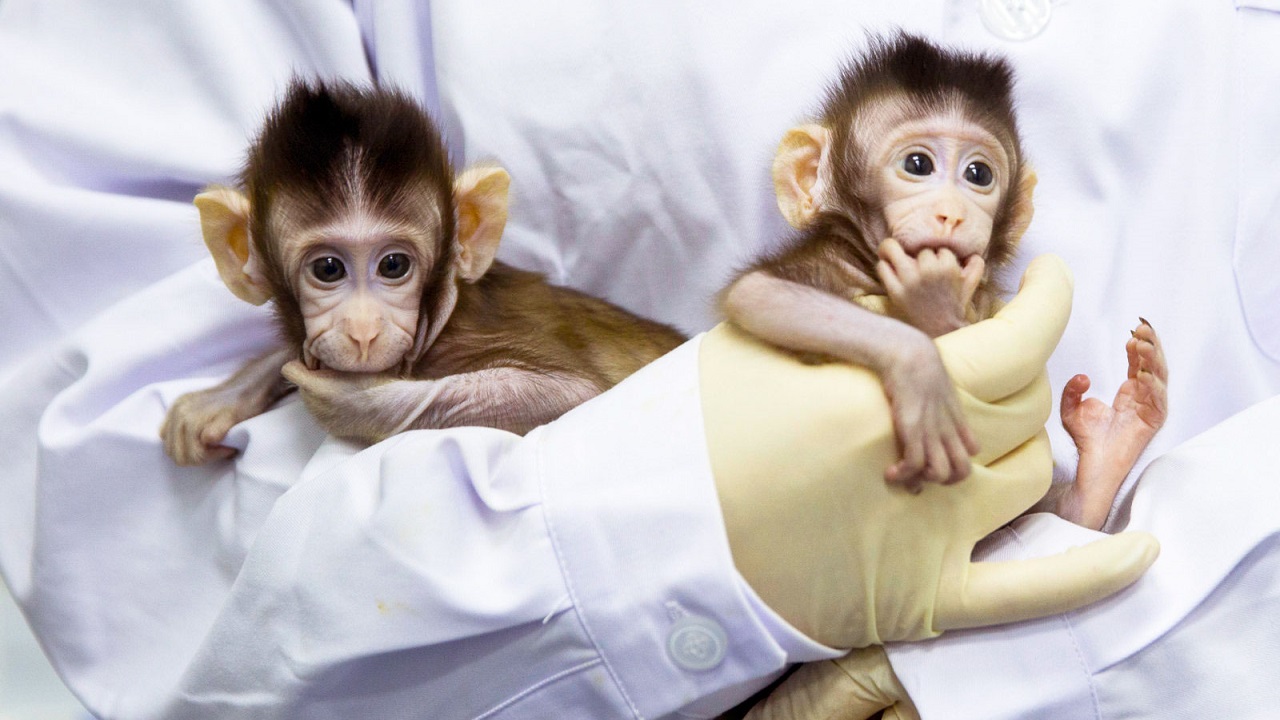
It is very difficult to give a clear answer to this. The reason is that any kind of human cloning work is banned in many countries of the world. However, in recent years news from china Then this discussion flared up again. This news was about the first cloned monkeys. In fact, although more than 20 mammals have been cloned over the years, studies on monkeys have often been unsuccessful. However, in 2018, news came out of China that this information would completely change; A primate species has been cloned for the first time. The primate species in question was the macaque, and two healthy clones were born. And when it came to cloning a primate, he immediately brought the subject back to human cloning.
What’s fueling the controversy? No strict ban on clone studies in China† This often leads to claims such as ‘human cloning research in China’. But since such an investigation in the rest of the world will generate a lot of reactions, even if it is an open answer to the doubt; Even if it is, it is not possible for us to learn. At the moment, he says many scientists from China have not investigated human cloning “because of the existing reactions and the bans in the rest of the world.” Scientific circles also think they will withdraw because of the reaction of the scientists who are going to do this.
But if we look at it from a scientific point of view and try to give an answer; human cloning, that is, a genetic copy of a human created and born in the body of a surrogate mother, ‘It’s not impossible.
Why is human cloning banned, why is it having repercussions?
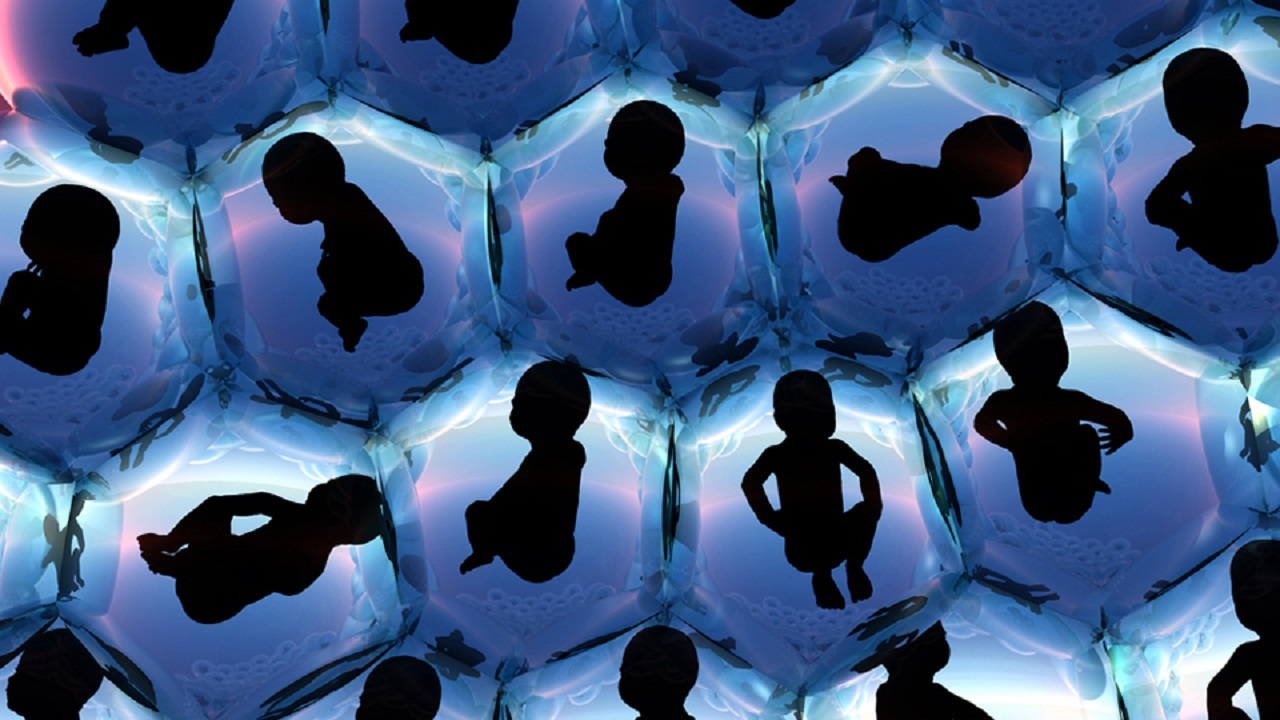
Let’s take a scientific look at this prohibition first; As you can imagine, most scientific studies done during cloning fail. Hundreds of test results In the few trials where everything goes well, a clone is born.
For example, in the macaque cloning studies we just mentioned, 63 surrogate mothers and 417 eggs was needed. Only 6 of them resulted in pregnancy.
Likewise in the studies conducted until Dolly the sheep was born. Only one in 100 cloned embryos has been able to survive. In addition, in several cloning studies clones born with major defects it happened too. This ensures that many authorities do not allow such experiments on humans. because Such experiments are unethical.
Another part is societal view of human cloning† Many studies on societies so far show that the view on human cloning is not very warm. The idea that the human species reproduces “without reproducing as we know it” is very important at this point. As a result, society has not yet accepted this idea and we can say that it is uncertain whether it will continue in the future.
Still, there are places where the ‘limited’ cloning of human embryos is allowed for scientific research;
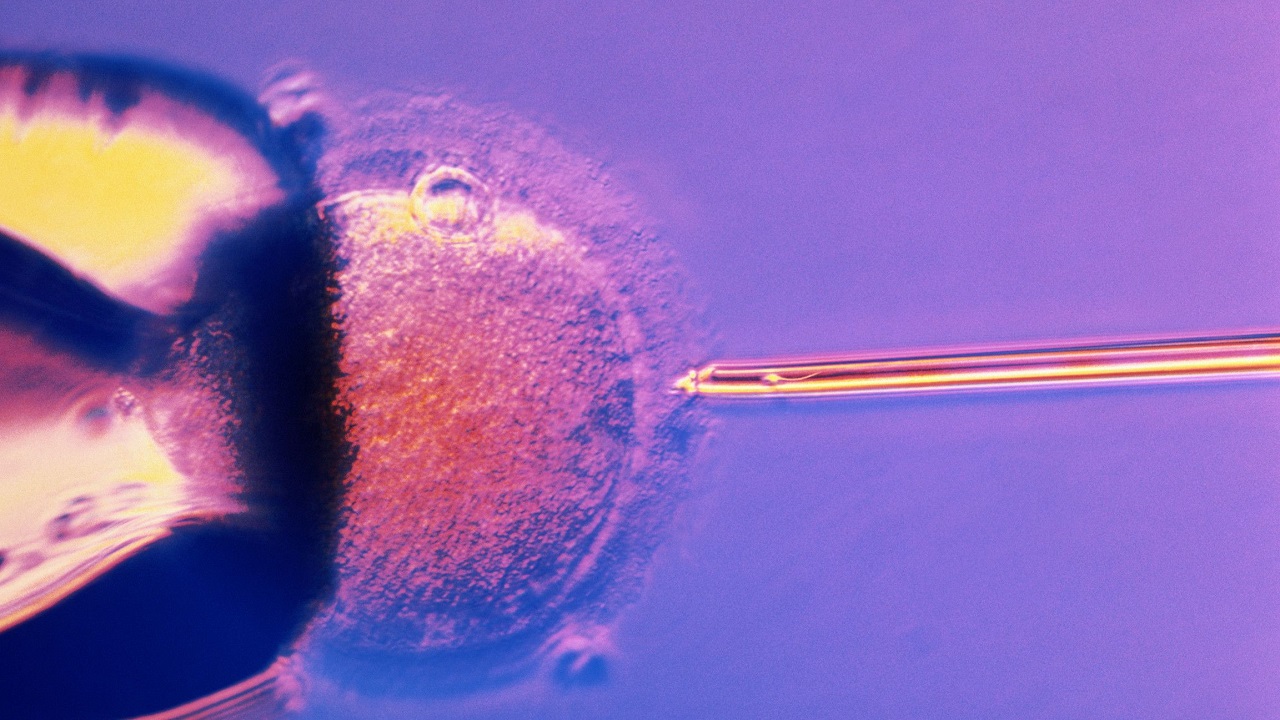
The main point here is to make an exact copy of an adult human and bring it into the world. But apart from that, above all for health research† For example, cloning studies that make it possible to produce compatible organs that can be used in procedures such as organ transplantation are a gray area. Therapeutic (therapeutic) cloning There are several studies in this area. But this is not a cloning process in the sense we understand when we say ‘human cloning’. It is done to contribute to health science and to fight disease effectively, and no clone is born.
Let’s end with a different perspective: imagine being cloned one day; Will your clone be the same person as you?

Since we have answered common questions such as is it scientifically possible or ethical, let’s bring up the issue of human cloning from a different perspective. Mainly in science fiction moviesIn the human cloning process that appears in futuristic or dystopian stories, it is exactly the same as the cloning of human beings; all those guysThere is an image with ‘. This, of course, brings such a scene to life when we think of a human clone.
But actually that’s not the case. Because in addition to genetic and physical characteristics, there is another factor that creates people: environmental factors† Moreover experiences, experiences Like all kinds of ‘stories’ makes the person unique. So if you’re cloned, your clone actually has the same genetics as you. won’t be the same person as you† Because the way he experiences life, the environment and the circumstances in which he lives will completely change.
We also see in science fiction films that clones exist directly as adults, not as newborn babies. However, this is not scientifically possible and so far no scientific research has made such a situation possible.
What do you think? What do you think ‘What is the place of ‘human cloning’ in the future of humanity?† Don’t forget to share your thoughts with us in the comments, see you soon!
Sources: Source 1, Source 2 Source 3, Source 4, Source 5







